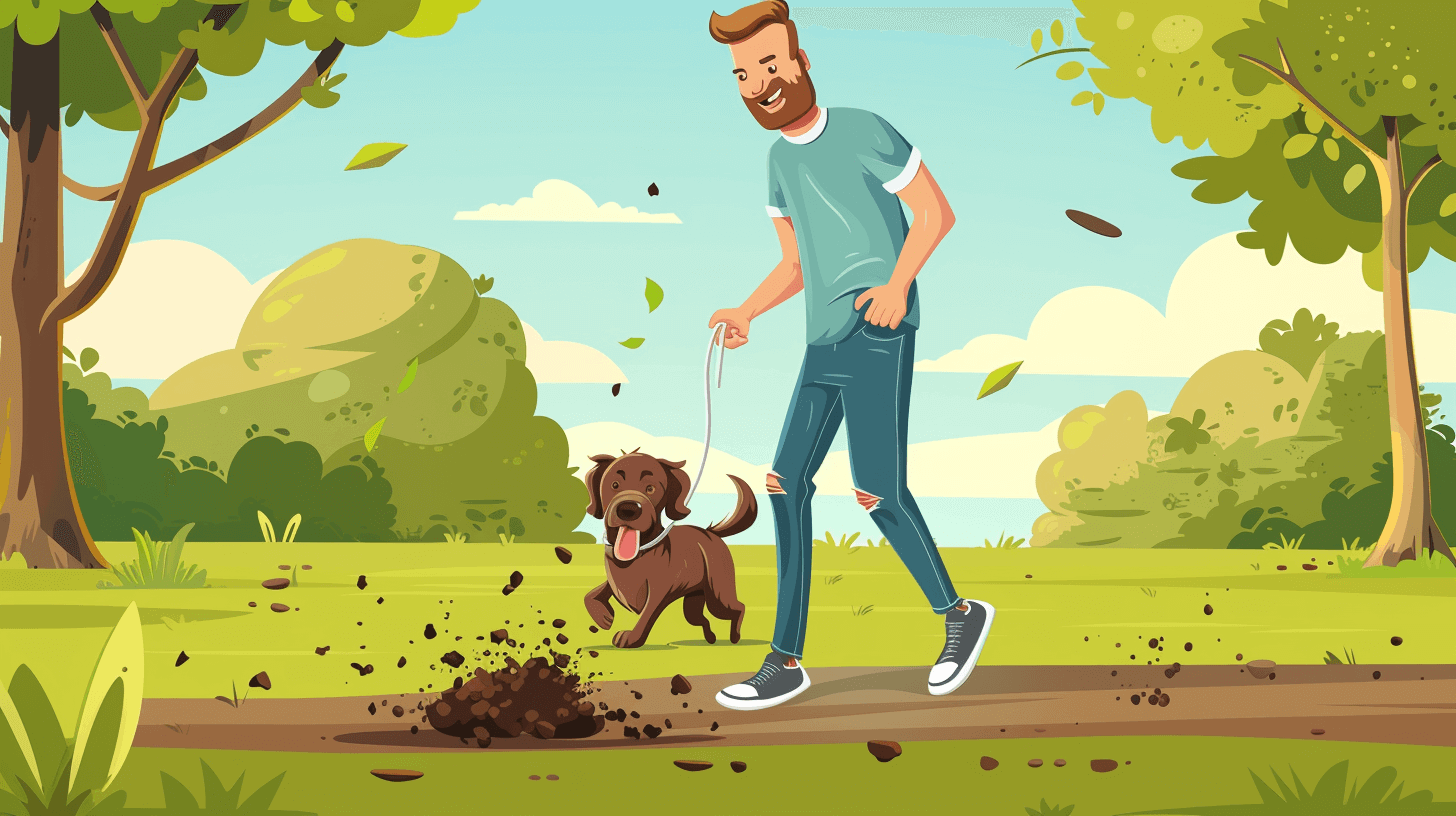It’s a scary but a truth nonetheless… Your pet’s poo can kill you!
Have you ever had that unpleasant experience of stepping in dog poop during a walk? Besides being gross and smelly, it turns out there’s more to it than just the ick factor.
Leaving pet waste lying around can actually pose health risks to both humans and animals. Let’s dive into the uncomfortable truth about dog poop and what you can do to protect yourself and your community.
Julia Wuerz, a veterinarian specializing in small animals, encounters the hazards associated with dog poop on a daily basis. She stands by the fact that feces can carry diseases that are transmissible from animals to humans, known as zoonotic hazards. So, when you see those signs reminding pet owners to pick up after their furry friends, they’re not just there to keep public spaces clean — they’re also essential for maintaining community health.
Googling hookworms is not fun…
Dog poop can harbor a variety of parasites, including hookworms, roundworms, coccidia, and whipworms. These parasites can infect not only dogs and cats but also wild animals and humans. The microscopic larvae of these parasites can enter your body through small cuts in your skin or accidental ingestion, leading to a range of health issues.
Once inside the body, these parasites can cause anemia, malnutrition and even intestinal obstruction. In severe cases, they may migrate to other parts of the body, such as the lungs or eyes, causing further complications. Additionally, dog poop can contain viruses like parvovirus and distemper virus, which can be deadly to other animals, especially those that are unvaccinated.
But it’s not just about protecting yourself and your pets. Wildlife, such as coyotes, foxes, and raccoons, are also at risk of contracting these diseases, often with devastating consequences due to their lack of access to medical care.
What can you do to minimize the risks associated with dog poop?
The first step is simple: always pick it up, no matter where your pet does its business. Use a shovel or a bag to scoop it up, and be sure to tie the bag securely before disposing of it in a trash can. And remember to wash your hands thoroughly afterward, especially before eating or touching your face.
When it comes to sandboxes, beaches, and playgrounds, be extra vigilant. Cover sandboxes when not in use and keep a close eye on your surroundings to avoid contact with contaminated areas. And don’t forget to keep your pets on regular parasite prevention protocols, including annual testing and deworming.
By taking these simple steps, you can help protect yourself, your pets and your community from the dangers of dog poop. So the next time you’re out for a walk, remember to scoop the poop — your health depends on it.
Have you ever stepped on a nasty pile of poo during a stroll in the park? Share us your story or check our Poo News for similar tales of woe!
